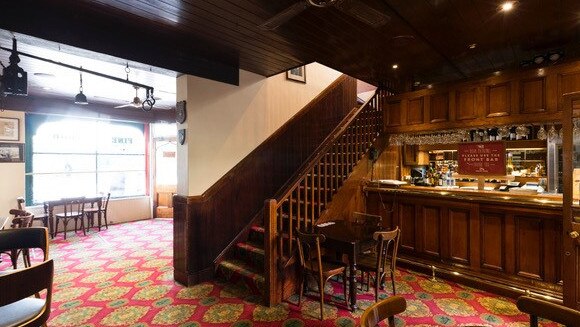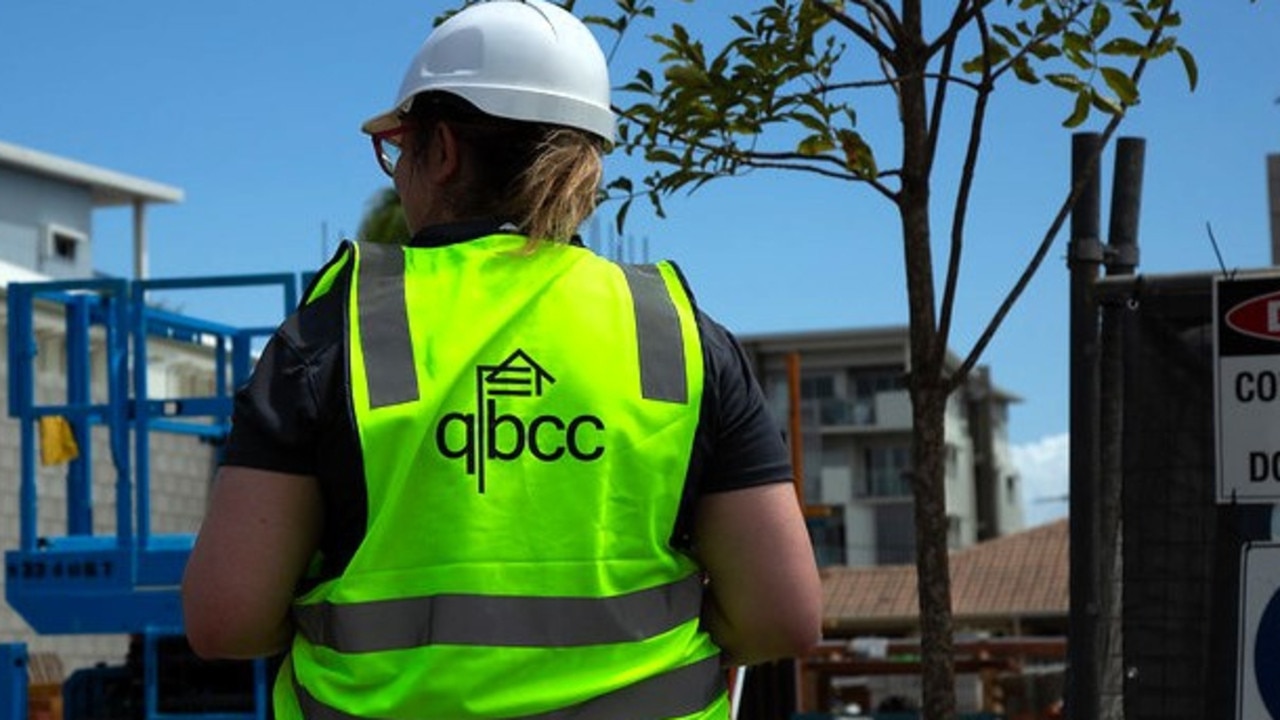Sydney pub Phillip’s Foote among 158 company insolvencies in May
The latest figures reveal a growing toll of businesses closing in NSW, including a popular restaurant that could no longer survive. FULL LIST

Business
Don't miss out on the headlines from Business. Followed categories will be added to My News.
Popular pub and restaurant Phillip’s Foote, which traded in Sydney’s Rocks district, was one of 158 NSW company insolvencies in May.
As the economy was still shaking off the effects of the pandemic and cut back in government support, the list of businesses that folded was dominated by small and medium enterprises, with construction businesses, hospitality and tourism operators all among the casualties.
The May toll from ASIC data, follows the 122 NSW businesses that closed in April.
But experts are warning numbers will likely grow in the coming months as support for zombie businesses unwinds and the Australian Taxation Office starts making claims.
Having been in the same family for 40 years, Phillip’s Foot had been grappling with major blows in the months before the COVID-19 pandemic.
The construction of the light rail had disrupted foot traffic across the Circular Quay area, reducing foot traffic into The Rocks.
The arrival of the pandemic then worsened things, as the top end of Sydney turned into a ghost town.
However it was the end of the JobKeeper scheme coupled with a question of whether to resign the 10-year lease on the property that pushed it over the edge.
The pub was looking at further disruption in the years ahead and requirements to rectify the ancient building it operated out of in the historic area.

The building housed a sailors’ bar, custom’s agent and stable before standing derelict until the early 1970s.
During Sydney’s notorious trade union Green Bans, Phillip’s Foote became the colonial-themed eatery.
PFK partner Mark Roufeil, who is handling the liquidation of the business, said Phillips Foote was just one of many businesses in The Rocks slammed by the Covid-19 pandemic.
“That precinct is going to be interrupted next year with further interruptions,” he said.
“To do any development in those buildings down there requires dealing with a lot of red tape and requires a big investment.”
May also saw the loss of Sydney institution Argy’s, which traded out of Chifley Plaza in the CBD, however in a turn of good fate the tailoring business found a new owner and continues to trade.
Argy’s which opened in the CBD in 2005, has been a fixture of the city-centre suit tailoring and alterations market and had even boasted plans to open a second store on Bourke Street.
Equifax head of product Brad Walters said the data was starting to reveal the effects of shake-out of the JobKeeper program as retail and hospitality business numbers grew.
“No surprise to anyone they were two sectors that were significant beneficiaries of the JobKeeper program,” he said.
“With that expiry we’ll continue to see a reversion to arguably what would have been normal trading conditions.”
Mr Walters said despite the booming construction market several sections of the industry remained depressed which was contributing to the continued high numbers cropping up in insolvency data.
“You’ve seen a real strong growth in the low rise but on the medium to high rise we’ve seen a contraction,” he said.
Mr Walters said it was too soon to call sectoral movements in the data but Equifax was now seeing a closing of the bankruptcy gap between the lows of 2020 and the higher levels in 2019.
“We’ve continued to see creditor wind ups getting higher and higher,” he said.




